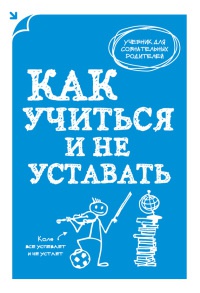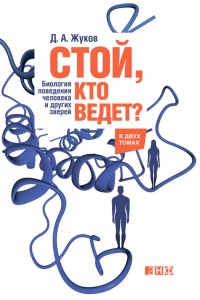Книга Дисциплина без стресса. Учителям и родителям. Как без наказаний и поощрений развивать в детях ответственность и желание учиться - Марвин Маршалл
На нашем литературном портале можно бесплатно читать книгу Дисциплина без стресса. Учителям и родителям. Как без наказаний и поощрений развивать в детях ответственность и желание учиться - Марвин Маршалл полная версия. Жанр: Книги / Домашняя. Онлайн библиотека дает возможность прочитать весь текст произведения на мобильном телефоне или десктопе даже без регистрации и СМС подтверждения на нашем сайте онлайн книг knizki.com.
Шрифт:
-
+
Интервал:
-
+
Закладка:
Сделать
Перейти на страницу:
Перейти на страницу:
Внимание!
Сайт сохраняет куки вашего браузера. Вы сможете в любой момент сделать закладку и продолжить прочтение книги «Дисциплина без стресса. Учителям и родителям. Как без наказаний и поощрений развивать в детях ответственность и желание учиться - Марвин Маршалл», после закрытия браузера.
Книги схожие с книгой «Дисциплина без стресса. Учителям и родителям. Как без наказаний и поощрений развивать в детях ответственность и желание учиться - Марвин Маршалл» от автора - Марвин Маршалл:
Комментарии и отзывы (0) к книге "Дисциплина без стресса. Учителям и родителям. Как без наказаний и поощрений развивать в детях ответственность и желание учиться - Марвин Маршалл"
























